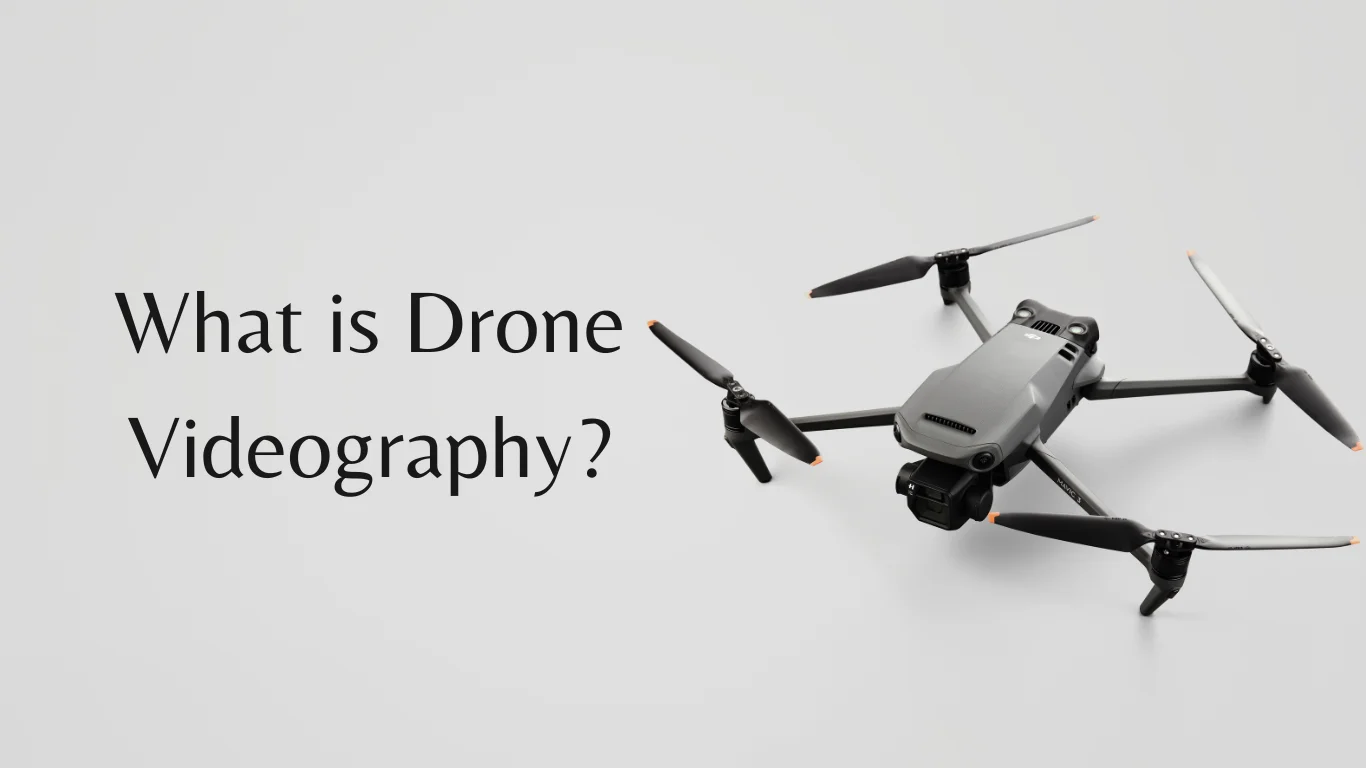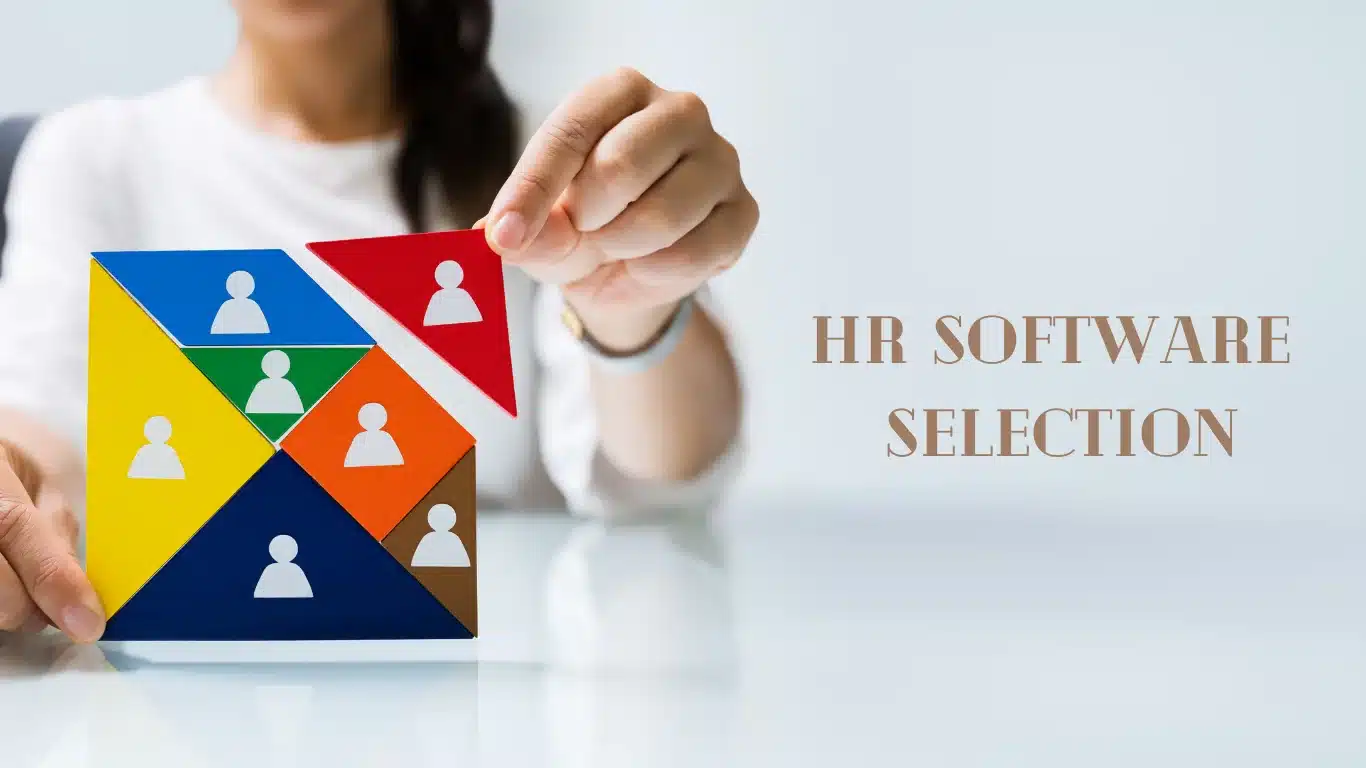Drone videography has opened up a whole new world of possibilities, allowing videographers to capture breathtaking aerial footage that was once possible with the use of expensive helicopters or cranes. The use of drones for videography has revolutionised the way we tell stories, offering unique perspectives and immersive experiences to our audience. In this article, we will delve into the art of mastering drone videography, exploring the techniques, legal considerations, editing, equipment, and resources needed to elevate your visual storytelling to new heights.
What is drone videography?
The use of drones for videography offers a myriad of advantages that have transformed the way we capture visual content in the realm of video production. One of the most significant benefits of drone videography is the way it captures stunning aerial shots that were previously inaccessible without the use of costly equipment and resources. Drones provide a level of flexibility and manoeuvrability that traditional filming methods simply cannot match, allowing us to explore and capture landscapes, events, and narratives from unique vantage points. Furthermore, drones enable us to create dynamic and cinematic footage with smooth, sweeping movements, adding a professional and polished touch to our visual storytelling.
Another advantage of using drones for videography is the ability to access hard-to-reach or hazardous locations with ease. Whether it’s capturing footage of rugged terrains, towering structures, or natural wonders, drones empower us to push the boundaries of visual storytelling by providing access to remote or challenging environments. Additionally, drones offer a cost-effective solution for capturing aerial footage, eliminating the need for expensive equipment, crew, and logistical arrangements typically associated with traditional aerial filming methods. The efficiency and affordability of drone videography make it an attractive option for storytellers looking to elevate their visual content without breaking the bank.
The use of drones for videography also improves safety by reducing the possibility of accidents and injuries that can occur with traditional filming methods. With drones, we can capture aerial footage without endangering personnel or requiring risky stunts, ensuring the safety of both the crew and the subjects being filmed. This added level of safety not only protects individuals involved in the production but also minimises potential liabilities and legal concerns, making drone videography a responsible and practical choice for visual storytellers.
Tips for Drone Videography
Mastering the art of drone videography requires a deep understanding of various techniques to capture stunning and compelling footage. One fundamental technique is establishing a strong sense of composition and framing when capturing aerial shots. By leveraging the unique perspective offered by drones, we can create visually striking compositions that draw the audience into the narrative, whether it’s through captivating landscapes, architectural symmetry, or dynamic movement within the frame. It is crucial to understand composition principles like the rule of thirds, leading lines, and visual balance to create engaging drone footage.
In addition to composition, mastering the use of movement and camera dynamics plays a pivotal role in creating captivating drone videography. Drones offer the ability to execute smooth and dynamic movements, such as tracking shots, aerial reveals, and orbiting motions, adding a sense of cinematic flair and storytelling depth to the footage. Implementing gradual and controlled movements, as well as utilising variations in altitude and speed, can elevate the visual impact of drone videography, immersing the audience in a seamless and immersive viewing experience.
Furthermore, understanding the influence of lighting and weather conditions on aerial footage is essential for achieving stunning drone videography. The interplay of natural light, shadows, and atmospheric elements can dramatically enhance the visual aesthetics of drone-captured scenes, creating mood, depth, and texture within the footage. By mastering the art of leveraging natural lighting and weather dynamics, we can elevate the emotive and atmospheric qualities of drone videography, evoking powerful visual narratives that resonate with the audience on a profound level.
How to master drone videography?
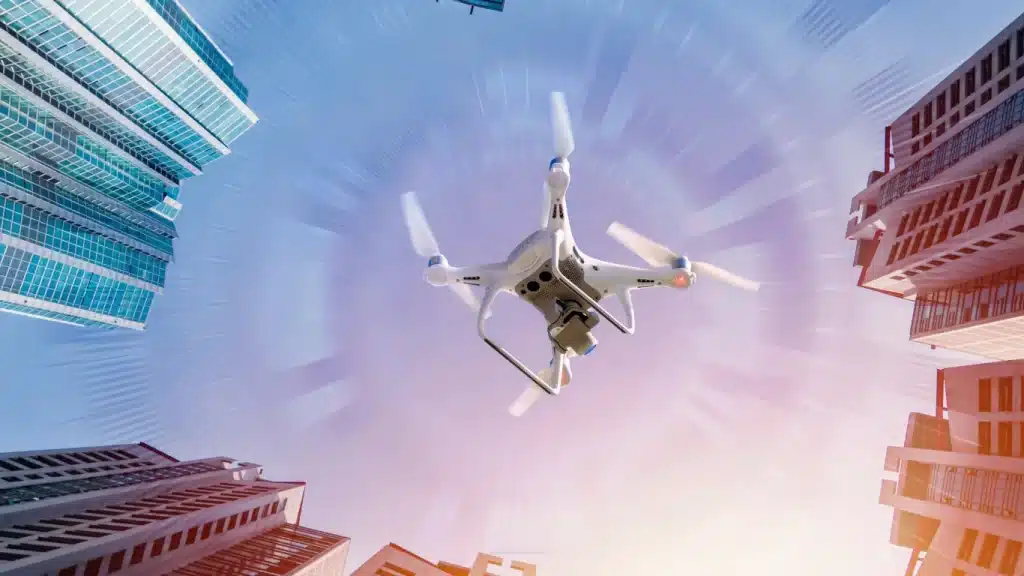
To master drone videography, one must not only possess technical skills and creative vision but also cultivate a thorough understanding of the capabilities and limitations of the drone technology being used. Familiarising oneself with the specific features, flight modes, and camera settings of the drone is essential for achieving precise control and optimal performance during aerial filming. Additionally, honing piloting skills through practice and proficiency in manoeuvring the drone in various environments and conditions is crucial for executing complex shots and achieving cinematic results.
Adapting to the constantly changing landscape of technology and visual storytelling is crucial for mastering drone videography. Staying up to date with drone videography tips, the latest advancements in drone technology, camera stabilisation systems, and aerial cinematography techniques is vital for staying at the forefront of the industry. Embracing innovation and experimentation while pushing the boundaries of creative expression through drone videography can lead to breakthroughs in visual storytelling and set new standards for captivating and immersive content.
Furthermore, collaborating with other professionals in the field of aerial cinematography and visual arts can provide valuable insights and opportunities for growth. Participating in workshops, networking events, and collaborative projects can expand perspectives, inspire creativity, and facilitate knowledge exchange. By continuously seeking to learn, adapt, and refine one’s skills, mastering drone videography becomes an ongoing journey of exploration and innovation, leading to the creation of genuinely exceptional visual narratives.
What are the legal and safety considerations for drone videography?
As visual storytellers, it is imperative to uphold legal and safety considerations when utilising drones for videography. Understanding and adhering to the regulations and guidelines set forth by aviation authorities and government bodies is essential for conducting drone operations responsibly and ethically. Familiarising oneself with airspace restrictions, flight clearance procedures, and privacy laws pertaining to aerial filming is crucial for ensuring compliance and mitigating potential risks and legal implications.
Prior to conducting drone videography, obtaining the necessary permits, licenses, and authorisations in accordance with local regulations is important. This includes acquiring permission for aerial filming in restricted zones, public spaces, and private properties, as well as adhering to specific protocols for commercial drone operations. By proactively addressing the legal requirements and seeking approval from the relevant authorities, visual storytellers can conduct drone videography with confidence and professionalism, avoiding legal entanglements and safeguarding the integrity of their work.
In addition to legal considerations, prioritising safety measures and risk management practices is fundamental for minimising accidents and ensuring the well-being of personnel and the public during drone operations. Conducting thorough pre-flight inspections, assessing environmental hazards, and implementing emergency procedures are essential steps for mitigating potential safety risks associated with drone videography. Furthermore, maintaining open communication with crew members, observers, and relevant stakeholders during aerial filming activities promotes a culture of safety awareness and collaboration, fostering a secure and responsible approach to drone operations.
Editing and post-production for drone footage
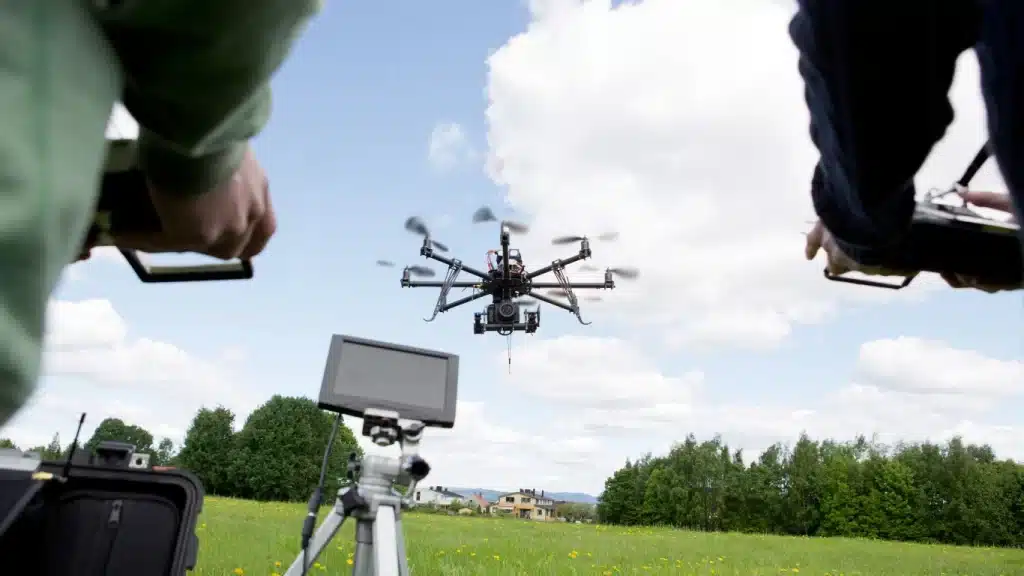
The process of editing and post-production plays a critical role in enhancing the visual impact and storytelling effectiveness of drone footage. Leveraging professional editing software and mastering the art of post-production techniques are essential for transforming raw aerial clips into polished and compelling visual narratives. One key aspect of post-production for drone footage is the seamless integration of aerial shots with ground-based footage, creating a cohesive and immersive storytelling experience that seamlessly transitions between different perspectives and vantage points.
Incorporating visual effects, colour grading, and sound design can elevate the emotive and cinematic qualities of drone videography, adding depth, atmosphere, and narrative resonance to the footage. By crafting a cohesive visual and auditory experience through post-production, visual storytellers can evoke powerful emotions, convey compelling narratives, and immerse the audience in a captivating and immersive viewing journey. Furthermore, refining the pacing, rhythm, and storytelling structure through editing and post-production enhances the overall coherence and impact of the drone-captured visual content, ensuring a memorable and engaging viewing experience.
Resources for drone videography
Continuing education and skill development are integral to mastering the art of drone videography. Fortunately, there are numerous resources available for learning advanced techniques and expanding one’s proficiency in aerial cinematography. Online courses, tutorials, and educational platforms dedicated to drone videography offer valuable insights, technical knowledge, and practical guidance for honing skills and pushing the boundaries of creative expression. By enrolling in specialised training programmes and accessing comprehensive learning resources, visual storytellers can stay abreast of industry trends, best practices, and cutting-edge innovations in drone videography.
In addition to online resources, attending workshops, seminars, and industry events focused on aerial cinematography and visual storytelling provides opportunities for hands-on learning, networking, and mentorship. Engaging with professional drone videography individuals, participating in practical demonstrations, and seeking guidance from experienced practitioners can enrich one’s understanding of advanced drone videography techniques and foster personal and professional growth. Embracing a mindset of continuous learning and self-improvement is key to mastering the art of drone videography and staying at the forefront of the rapidly evolving landscape of visual storytelling.
Drone videography equipment and technology
The selection of the right equipment and technology is paramount for achieving exceptional results in drone videography. Investing in high-quality drones equipped with advanced camera systems, stabilisation technology, and intelligent flight features is essential for capturing professional-grade aerial footage. Understanding the technical specifications, capabilities, and performance attributes of different drone models enables visual storytellers to make informed decisions that align with their creative vision and production requirements.
In addition to drones, the choice of supporting gear such as gimbals, filters, and accessories further enhances the versatility, stability, and image quality of aerial cinematography. Selecting reliable and robust equipment that complements the capabilities of the drone and supports the realisation of creative ideas is crucial for elevating the standard of drone videography. Moreover, staying informed about the latest advancements in drone technology, camera stabilisation systems, and aerial cinematography accessories empowers visual storytellers to leverage cutting-edge innovations and techniques in their creative pursuits.
FAQ
Is drone videography profitable?
The answer is yes. With the increasing demand for high-quality aerial footage in industries such as real estate, tourism, and filmmaking, drone videography has become a lucrative niche within the broader videography market.
How much does drone video footage cost?
The cost of drone video footage can vary according to the complexity of the project, the quality of the footage, and the intended usage. To provide a general idea of pricing, drone videography services can range from a few hundred pounds for basic aerial shots to several thousand pounds for complex, high-impact projects.
Which drone is best for videography?
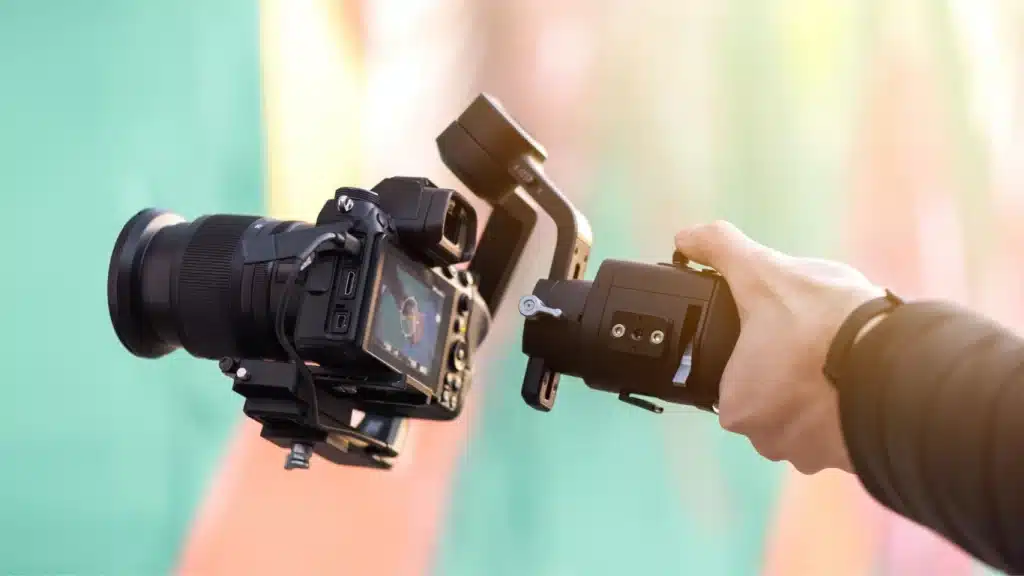
Choosing the right drone for videography is a critical decision that directly impacts the quality of the footage you capture. With a wide range of drones available in the market, they each hold varying features and capabilities. It’s essential to consider factors such as camera quality, stability, flight time, and overall performance when selecting a drone for videography.
For professional videographers, drones capable of shooting in 4K resolution are essential for capturing crisp, detailed footage. The stability and manoeuvrability of the drone also play a crucial role in achieving smooth, cinematic shots. Drones with advanced stabilisation systems and intelligent flight modes can enhance the overall quality of the footage and provide greater creative control during filming. In addition to camera and stability features, the flight time and battery life of the drone are important considerations as well. Drones such as the DJI Mavic 2 Pro, DJI Phantom 4 Pro, and the Autel Robotics Evo II Pro are popular choices for professionals due to their advanced camera systems, stability, and flight performance.
What does a drone videographer do?
It encompasses a range of responsibilities that contribute to the overall success of a project. From pre-production planning to post-production editing, the workflow of a drone videographer involves several key stages that are essential for creating impactful and visually compelling footage.
Conclusion – Mastering Drone Videography
Mastering the art of drone videography is a journey of continuous learning, creativity, and technical proficiency that empowers visual storytellers to capture breathtaking aerial footage and elevate their narratives to new heights. By harnessing the advantages of drone videography, honing techniques for stunning aerial shots, understanding legal and safety considerations, mastering editing and post-production, accessing learning resources, and embracing the right equipment and technology, we can unlock the full potential of aerial cinematography and deliver captivating visual storytelling experiences. As you embark on this journey, embrace innovation, creativity, and ethical responsibility in the pursuit of mastering the art of drone videography.

